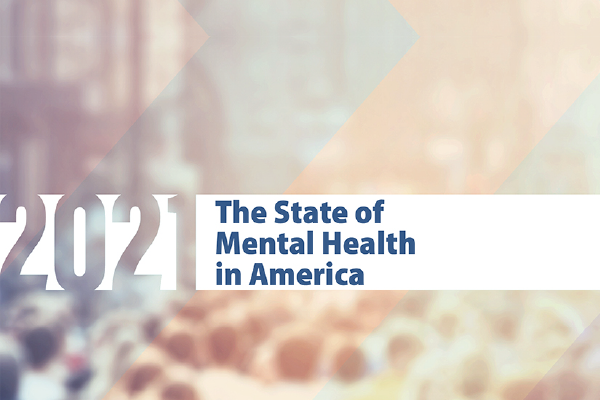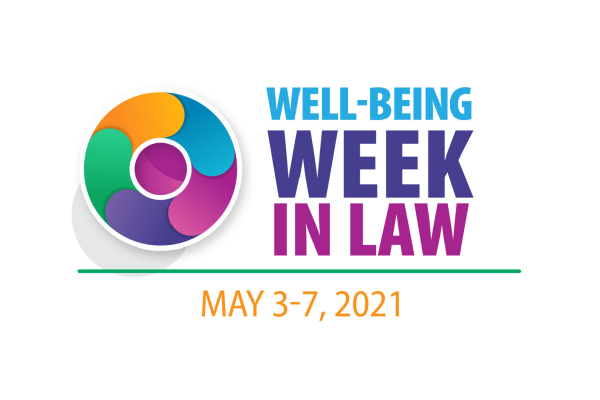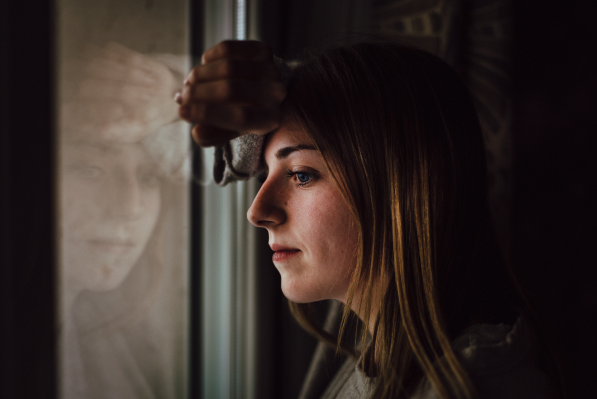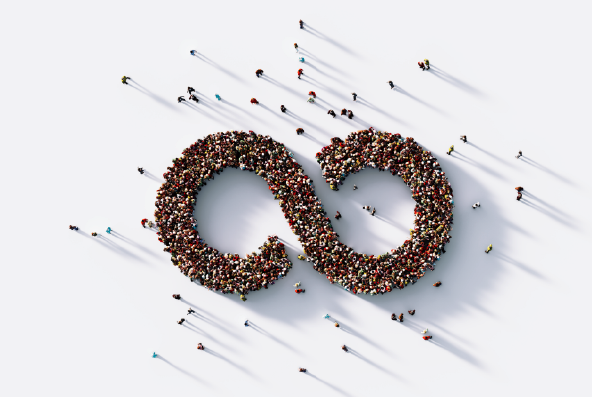Information collected and compiled annually by MHA offers data and insight that can be used as a tool for positive change, and a recent program highlighting racial disparities offers more on the need to address racism and its impacts on mental health.
2021 State of Mental Health in America
Each year, Mental Health America publishes statistics on mental health across various segments of the population in all 50 states. MHA gathers and shares annual data to highlight “disparities faced by individuals with mental health problems.” Find the summary and report download here on the MHA website. Key findings include:
- Even before COVID-19, the prevalence of mental illness among adults was increasing.
- Suicidal ideation among adults is increasing. (If you are having thoughts of suicide, call the National Suicide Prevention Lifeline at 1-800-273-8255 (TALK). You can find a list of additional resources at SpeakingOfSuicide.com/resources.)
- There is still unmet need for mental health treatment.
- The percentage of adults with a mental illness who are uninsured increased for the first time since the passage of the Affordable Care Act (ACA).
This year’s report features a spotlight on the pandemic’s impact on mental health. Their findings from 1.5 million screenings from January to September 2020 include the following:
- The number of people looking for help with anxiety and depression has skyrocketed.
- More people are reporting frequent thoughts of suicide and self-harm than have ever been recorded in the MHA Screening program since its launch in 2014.
- Young people are struggling most with their mental health.
- Rates of suicidal ideation are highest among youth, especially LGBTQ+ youth.
- People screening at risk for mental health conditions are struggling most with loneliness or isolation.
- People who identify as Asian or Pacific Islander are searching for mental health resources more in 2020 than ever before.
- While rates of anxiety, depression, and suicidal ideation are increasing for people of all races and ethnicities, there are notable differences in those changes over time.
Some good news for Massachusetts — the state ranks as the 9th highest for adult mental health this year. Measures making up the ranking included adults with: “any mental illness” (AMI); substance use disorder in the past year; serious thoughts of suicide; AMI who are uninsured; AMI who did not receive treatment; AMI reporting unmet need; disability who could not see a doctor due to costs. Of course, dramatic income and access differences exist within Massachusetts, and within the legal profession specifically, much of which has been perpetuated by racist systems and laws.
Black Fatigue: Racism and Its Impacts on Mental Health
Along with the pandemic’s disparate impacts on Black Americans, 2020 brought new challenges as the country began awakening to the overdue need to dismantle white supremacy. Physiological and psychological impacts of racism on Black people and society as a whole were discussed along with actions steps for allyship in Black Fatigue: Racism and Its Impacts on Mental Health, a recent recorded program led by Mary-Frances Winters (Founder and CEO, The Winters Group; author of Black Fatigue) and Kim Atkins (Senior opinion writer, The Boston Globe), with Kem Danner (Senior VP, State Street) hosted by the Boston Globe, Massachusetts Conference for Women, and State Street.
As the program description describes, “Racism erodes the mind, body and spirit having lasting impacts on the health, productivity and overall success for those on the receiving end and resulting in Black intergenerational fatigue.” Watch the program here.
Free & Confidential Consultations:
Lawyers, law students, and judges in Massachusetts can discuss concerns with a licensed therapist, law practice advisor, or both. Find more on scheduling here.
Related Resources:
Lockdown May Have Boosted Well-Being for Some (Medical News Today, 2021)
Well-Being Tips for Lawyers & Law Students to Endure Winter 20-21 (LCL MA Blog)




